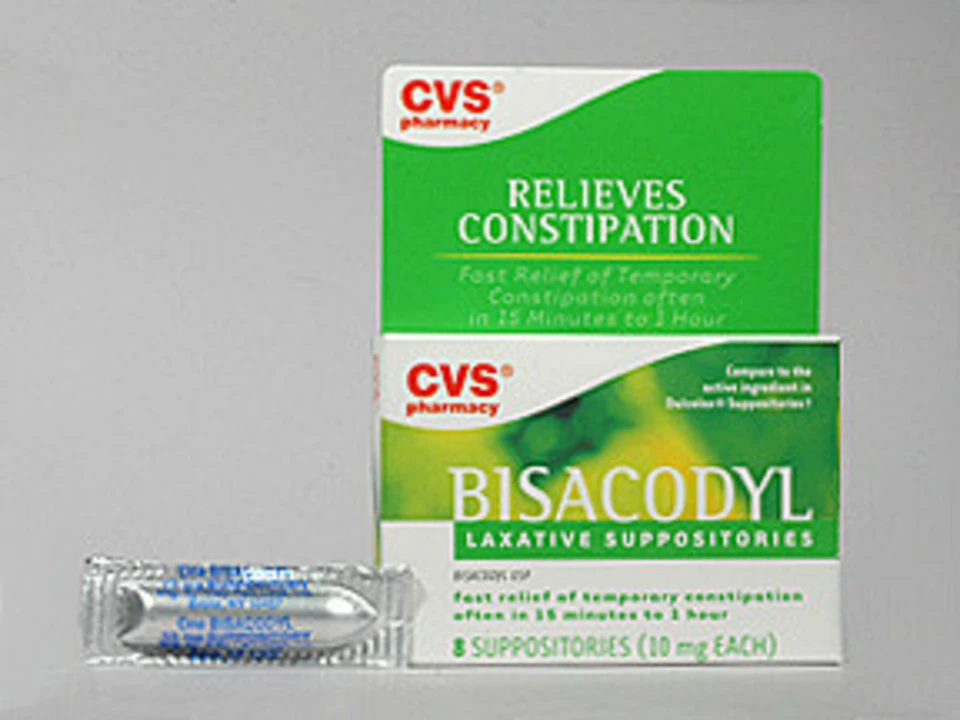April 2023 Archive — practical takeaways on hormones, digestion, skin and elderly care
This month’s posts focused on four real-world drug and health topics you’ll run into: estradiol’s link to migraine, medicines that cause excess gas, figuring out acitretin dosing for psoriasis, and using bisacodyl safely in older adults. Below I break down what each piece found and give clear, practical tips you can use or ask your clinician about.
Hormones and migraine: what to watch for
One post dug into how estradiol — a main form of estrogen — can trigger migraines for some people. If your headaches cluster around your period, pregnancy changes, or when you start/stop hormone therapy, estradiol swings might be involved. Track timing, severity, and any hormonal treatments so you have useful data for your doctor.
What helps: keep a headache diary, try short-term preventive strategies during high-risk times (your clinician may suggest hormonal smoothing, low-dose birth control, or targeted migraine preventives), and discuss non-hormonal options like triptans for attacks. If headaches suddenly get worse or change pattern, get medical review.
Gas, drugs, psoriasis drug dosing, and bowel care for older adults
Meteorism (excess gas) was linked to several medications in another post. Common culprits include some antibiotics, certain pain relievers, and drugs that change gut flora or motility. Simple fixes to try first: check if an antibiotic is necessary, add a probiotic after antibiotics, reduce carbonated drinks, and try smaller, slower meals. Over-the-counter simethicone or digestive enzyme supplements sometimes help, but talk to your doctor before combining with other meds.
On psoriasis treatment, the acitretin piece focused on finding the right dose and safety steps. Typical adult doses fall in the low tens of milligrams, adjusted by response and side effects. Key points: baseline and regular liver function and lipid tests, discuss pregnancy prevention — acitretin can cause severe birth defects so long-term contraception is required for people who can get pregnant — and expect the prescriber to tailor dose to skin response and lab results.
Finally, bisacodyl in geriatric care came up as a useful but limited tool. Bisacodyl stimulates bowel movements and can relieve constipation fast. Use it short-term, watch for cramping, and avoid daily long-term use without review — chronic stimulant laxatives can mask underlying problems. For older adults, first try hydration, fiber, gentle osmotic laxatives (like polyethylene glycol) and review other drugs that cause constipation (opioids, anticholinergics). If you use bisacodyl, start low and check with a clinician about interactions and electrolyte risk.
Want the full posts? Each one has practical steps and safety checks you can print or copy into a clinic visit. If something here sounds like your situation, bring your notes to your healthcare provider — specifics matter when adjusting hormones, changing meds, or starting drugs like acitretin.
As someone who suffers from migraine headaches, I've been researching potential causes and recently discovered a connection between estradiol levels and migraine occurrences. Estradiol is a type of estrogen hormone that, when imbalanced, can trigger migraines in some individuals. This is particularly noticeable in women, as hormonal fluctuations during menstruation, pregnancy, and menopause can lead to increased migraines. It's important to note that not everyone with migraines will be affected by estradiol, but for those who are, managing hormone levels could be an effective way to reduce the frequency of these debilitating headaches. I'll be looking into potential treatments and lifestyle changes to help balance my hormones and hopefully find some relief from my migraines.
View DetailsAs a blogger, I recently came across the topic of meteorism and its connection to medications. Meteorism, or excessive gas in the digestive system, can be a painful and embarrassing issue for many individuals. I discovered that certain medications, such as antibiotics and pain relievers, can actually contribute to this problem. However, it's important to know that alternatives do exist, such as probiotics and natural remedies, which can help mitigate the effects of meteorism. I encourage my readers to explore these alternatives and discuss them with their healthcare providers to find the best solution for their needs.
View DetailsAs a psoriasis sufferer, I know finding the right treatment can be challenging. Recently, I've been exploring Acitretin, a medication that has shown promising results in managing this condition. It's crucial to find the right dosage for optimal results and to minimize side effects. In my research, I've discovered that working closely with a healthcare professional is essential for determining the appropriate Acitretin dosage tailored to each individual's needs. I hope sharing this information helps fellow psoriasis patients in their journey towards better skin health.
View DetailsAs a copywriter, I've recently come across the topic of Bisacodyl use in geriatric care. Bisacodyl is a medication commonly prescribed to older adults to treat constipation. It works by stimulating the bowel muscles, helping to promote regular bowel movements. This can be especially important for the elderly, as constipation may lead to more serious health issues if left untreated. Overall, Bisacodyl seems to be a valuable tool in maintaining the digestive health of our aging population.
View DetailsDiscover the essence of GenericVilla.com on our About page, where we delve into our mission, expertise, and the valuable pharmaceutical information we offer. From medication guides to comprehensive disease data, learn how we strive to be your trusted guide in healthcare.
View DetailsThis page provides the Terms of Service for GenericVilla.com. It details the use of website information, intellectual property rights, user conduct, and limitation of liability. Users must agree to comply with these terms to use the website. Contact information for the website's owner is also included.
View DetailsGenericVilla.com's Privacy Policy outlines the collection, use, and protection of personal information. It clarifies users' rights regarding their data and our commitment to safeguard their information. This page provides transparency about our security measures and the privacy practices for handling user data.
View DetailsOur GDPR page outlines our commitment to the protection of personal data and the rights of our users in accordance with the General Data Protection Regulation. It includes detailed information on data collection, use, sharing, and the rights of individuals regarding their personal data.
View DetailsReach out to GenericVilla.com through our Contacts page for any inquiries related to pharmaceuticals, medication guides, or health supplements. Whether you have questions or need detailed information, the owner, Nathaniel Quistgaard, is available to assist you. Use our convenient contact form to send us your message securely.
View Details




